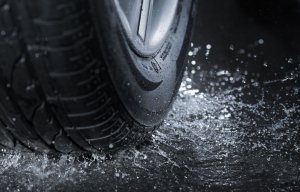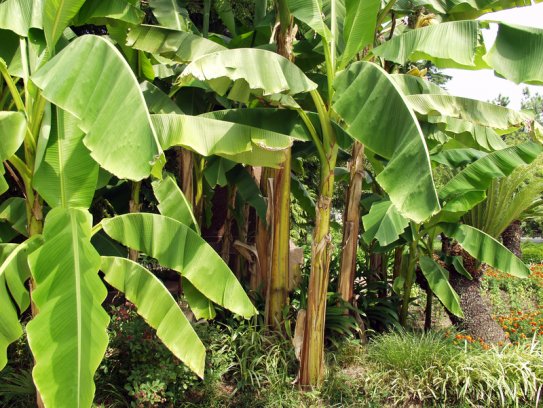
Indorama expands ISCC+ range for Mobility
Manufacturers of fibres and nonwovens opting to have their manufacturing facilities and products certified to facilitate the mass balancing of bio-based inputs and outputs.

25th October 2024
Innovation in Textiles
|
United Kingdom
Report summary
Major manufacturers of technical fibres and nonwovens are opting to have their manufacturing facilities and product ranges certified in accordance with various schemes in order to facilitate the mass balancing of bio-based inputs and outputs.
Mass balancing is a method which enables manufacturers to track materials as they move along the production process and attribute inputs, such as bio-based feedstocks, to outputs of that production process through certified bookkeeping. Notable schemes associated with mass balancing include ISCC PLUS certification, REDcert2 and REDcert-EU.
ISCC PLUS certification verifies the volume of chemically recycled ingredients employed by a manufacturer using mass balancing and, as a result, manufacturers are able to declare the chemically recycled ingredients in the materials composition of a final product—even where the ingredients have been mixed with other inputs of different origins and characteristics, such as fossil feedstocks.
Nurel, a producer of polyamide fibres, technical polymers and biopolymers based in Zaragoza, Spain, has achieved ISCC PLUS certification for its mechanical recycling process and its manufacture of polyamides and other polymer-based products. DOMO Chemicals, a polyamide manufacturer based in Ghent, Belgium, has achieved ISCC PLUS certification for three of its ten production sites and more than 300 of its polyamide 6 (PA6) products, and Teijin Carbon Europe—a chemicals manufacturer based in Wuppertal, Germany, and one of the world’s leading producers of high-performance carbon fibre products—has achieved ISCC PLUS certification for its Heinsberg-Oberbruch carbon fibre plant in Germany.
Borealis, one of the world’s leading providers of advanced and sustainable polyolefin solutions, based in Vienna, Austria, has achieved ISCC PLUS certification for all three of its European sites for polyolefin manufacturing, compounding and recycling, and Indorama Ventures (IVL)—a leading chemicals manufacturer based in Bangkok, Thailand—has achieved ISCC PLUS certification for its FiberVisions polypropylene (PP) fibre site in Denmark and its Avgol spunlaid nonwovens site in Russia.
Braskem, the largest producer of polyolefins in the Americas, has achieved ISCC PLUS certification for all five of its existing sites in the USA, and SABIC—a company based Riyadh, Saudi Arabia, and a global leader in the chemicals industry—has achieved ISCC PLUS certification for its PP material for personal hygiene applications.
In April 2024, however, the use of certification schemes based on mass balancing and chemical recycling was challenged in the European Parliament by various trade associations out of fear that it would give plastics-to-oil businesses unfair advantages in accessing feedstocks over other companies developing mechanical recycling routes which are much less energy intensive.
Despite such concerns, the principle of mass balancing and chemical recycling continues to be included in the EU’s Single-Use Plastics Directive and their use is gaining considerable momentum.
Buy this report
Publisher: Textiles Intelligence
‘Editorial: Technical fibres and nonwovens—balancing bio-based inputs and outputs’
9 pages, published in August 2024
Report price: Euro 325.00; US$ 426.00
Reports are supplied in PDF format only via email and can be purchased by credit card or via PayPal. Alternatively, readers can email their order and we will invoice accordingly and send their report by email upon receipt of payment.
To buy this report, please select one of the buttons below or email [email protected].

Business intelligence for the fibre, textiles and apparel industries: technologies, innovations, markets, investments, trade policy, sourcing, strategy...
Find out more